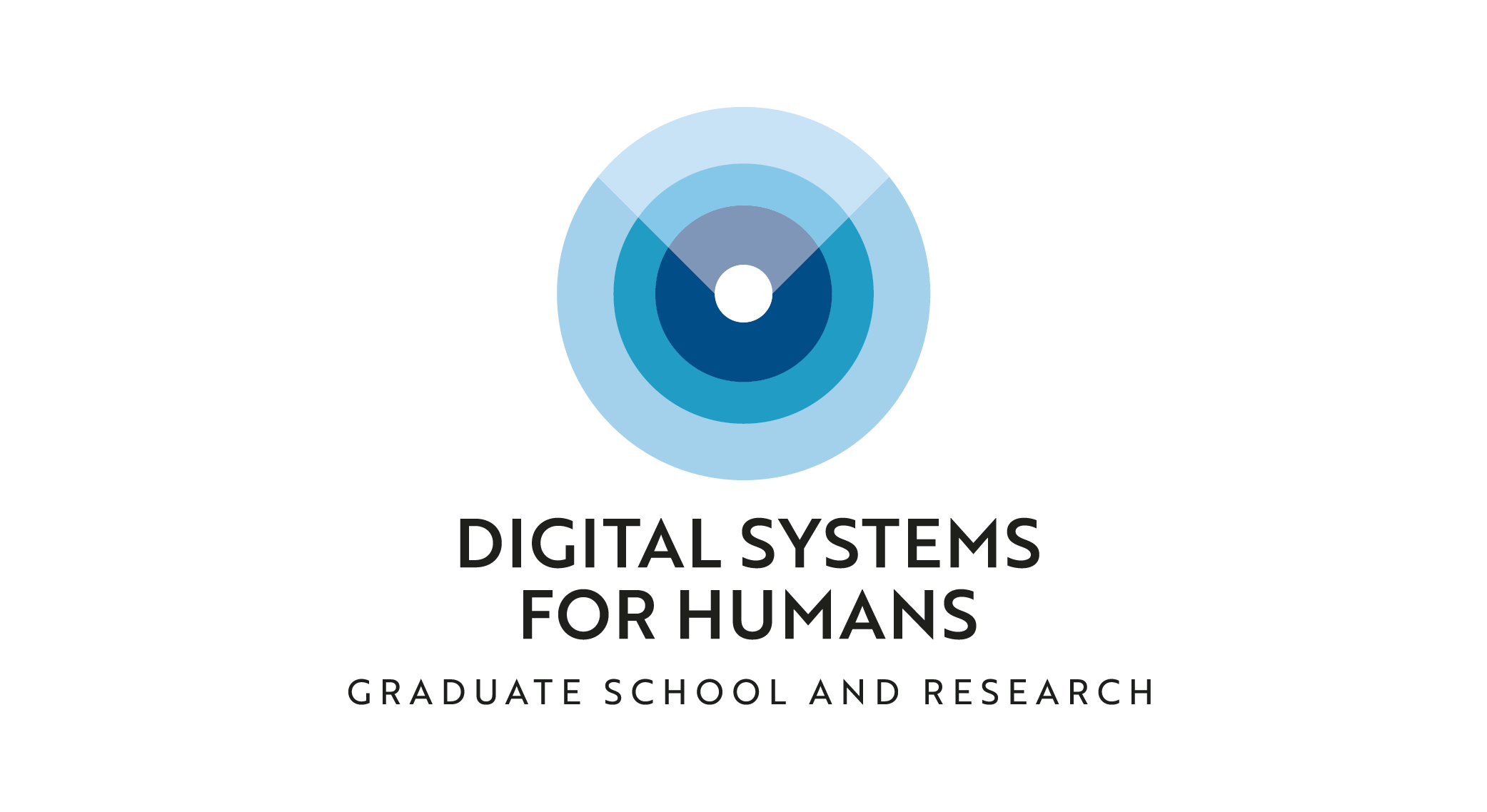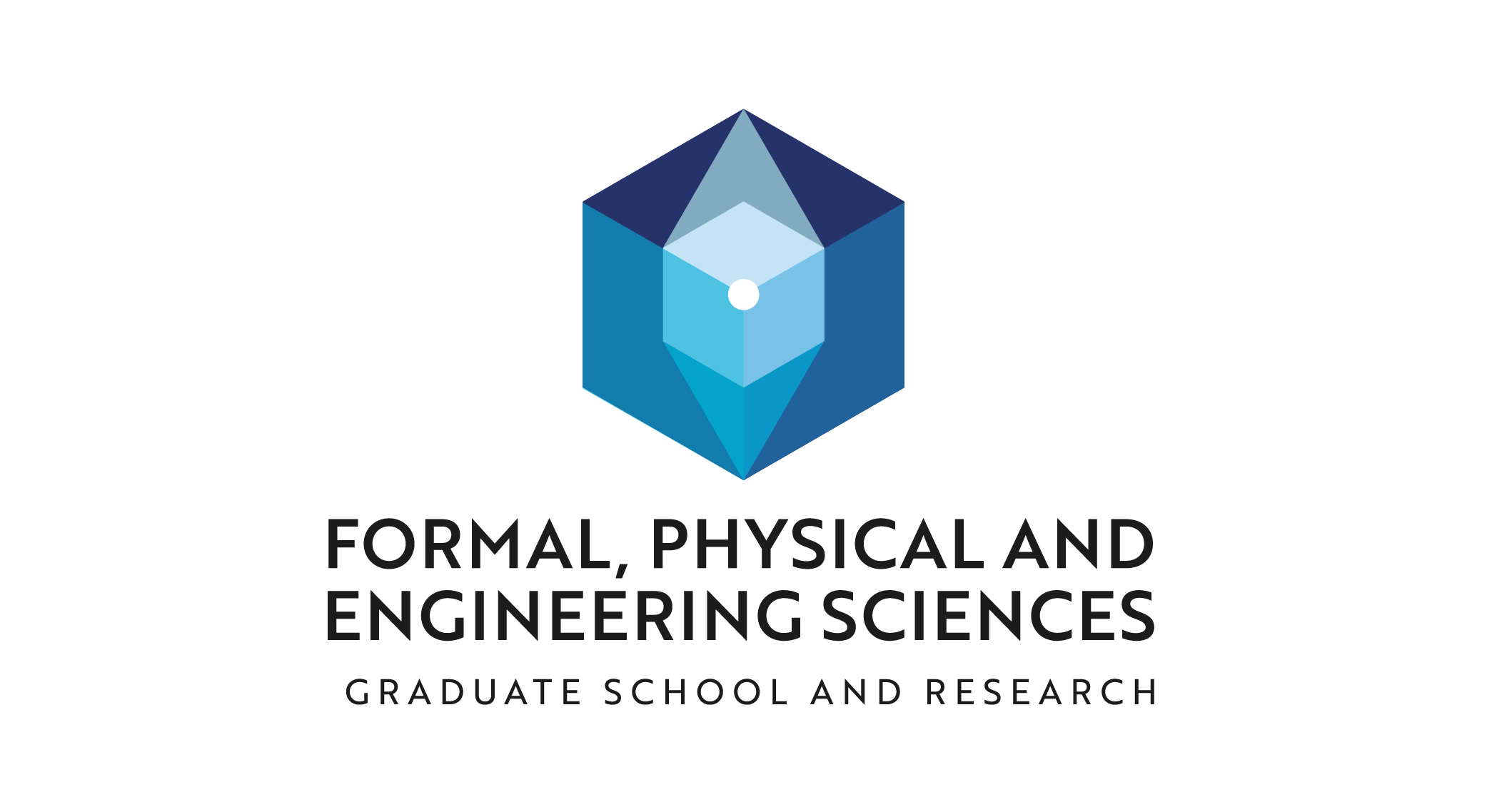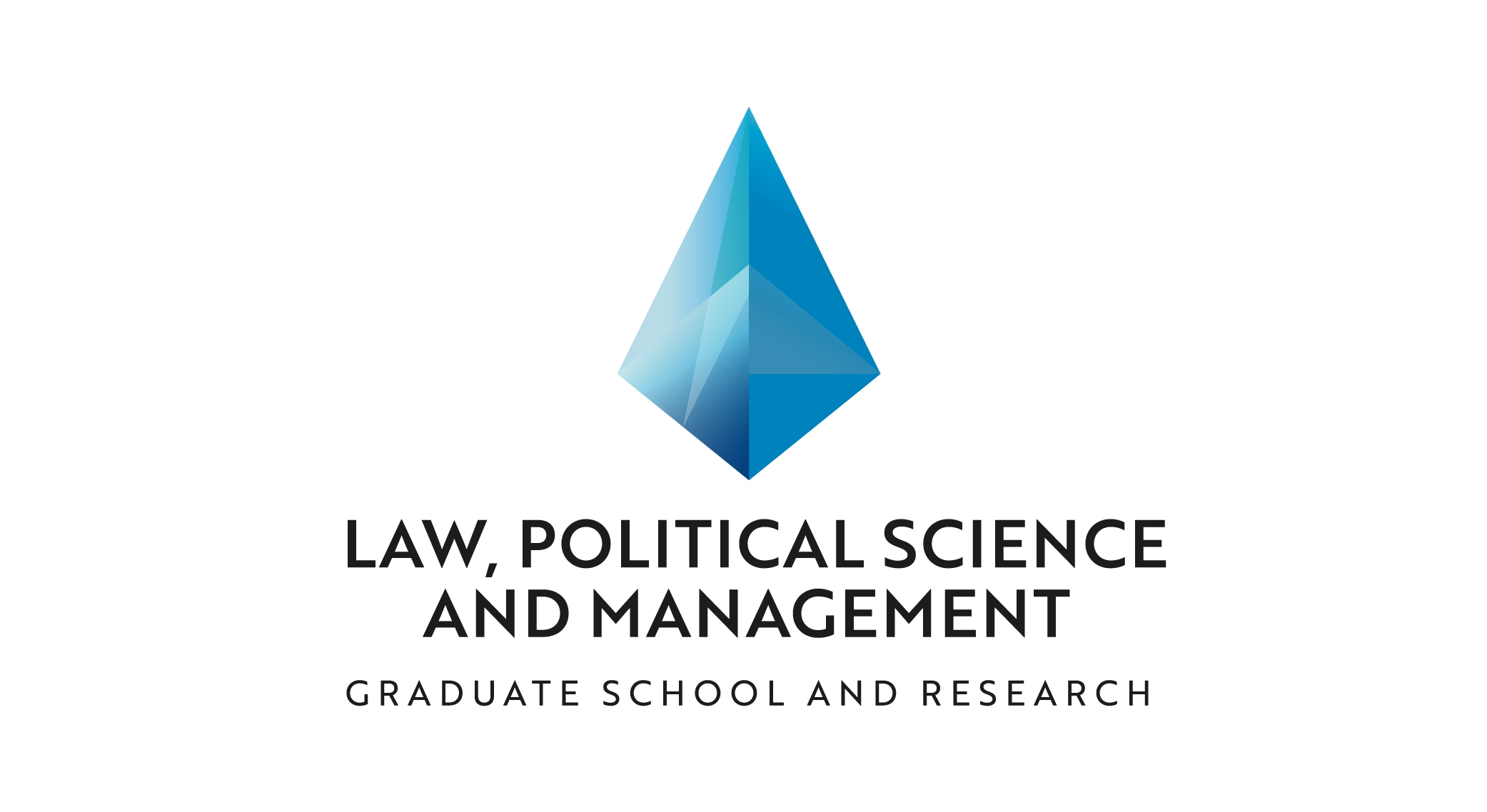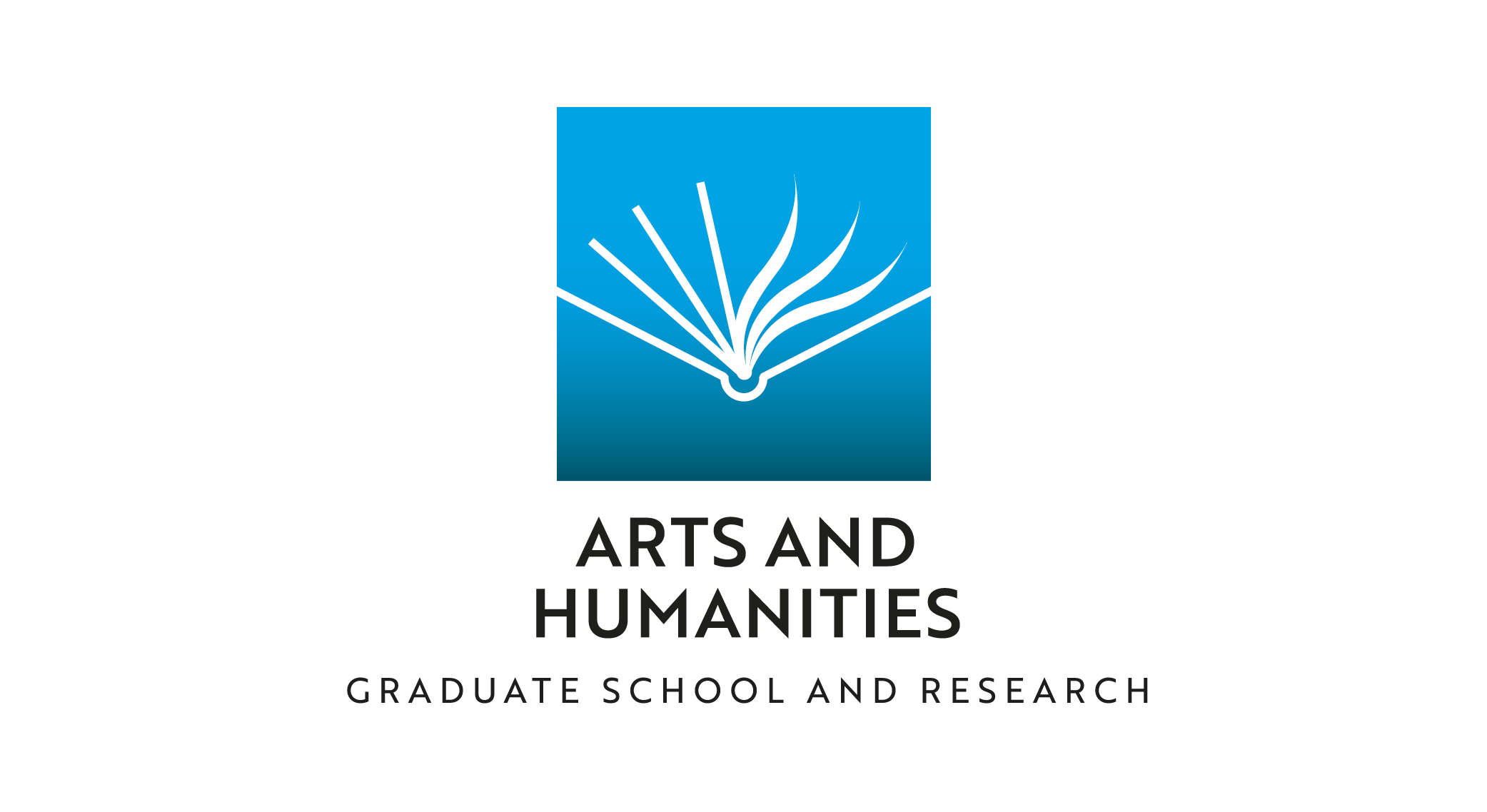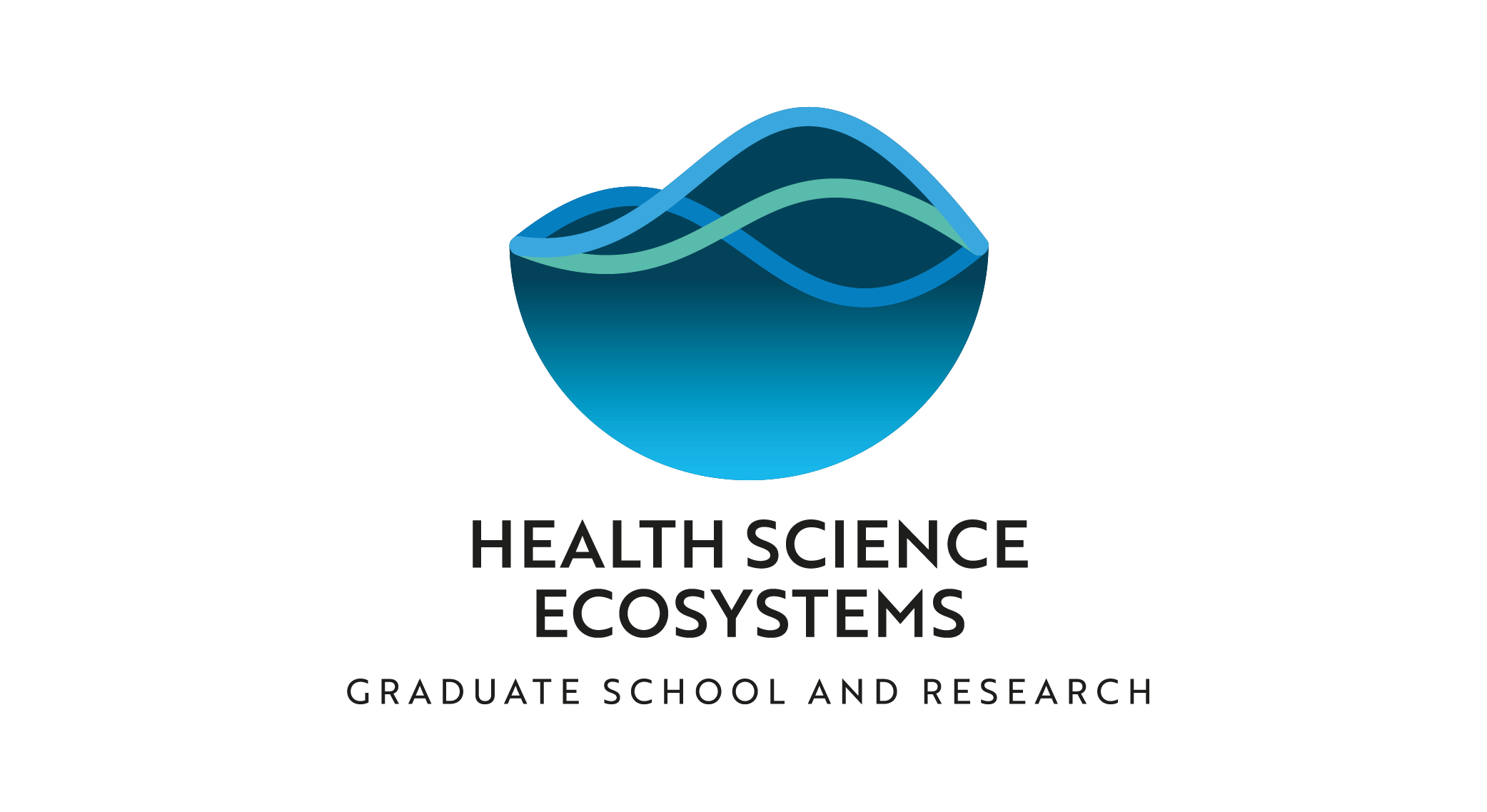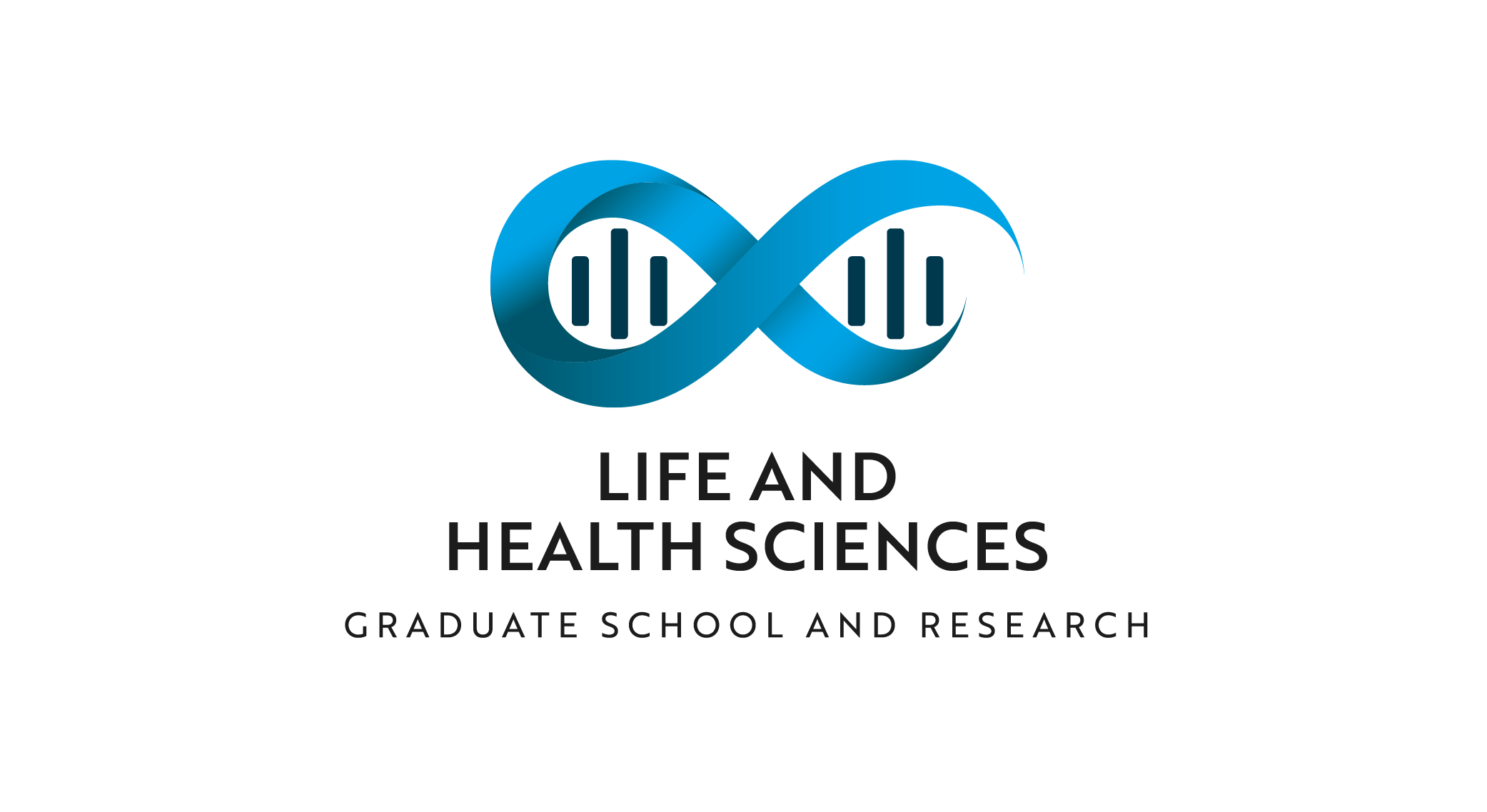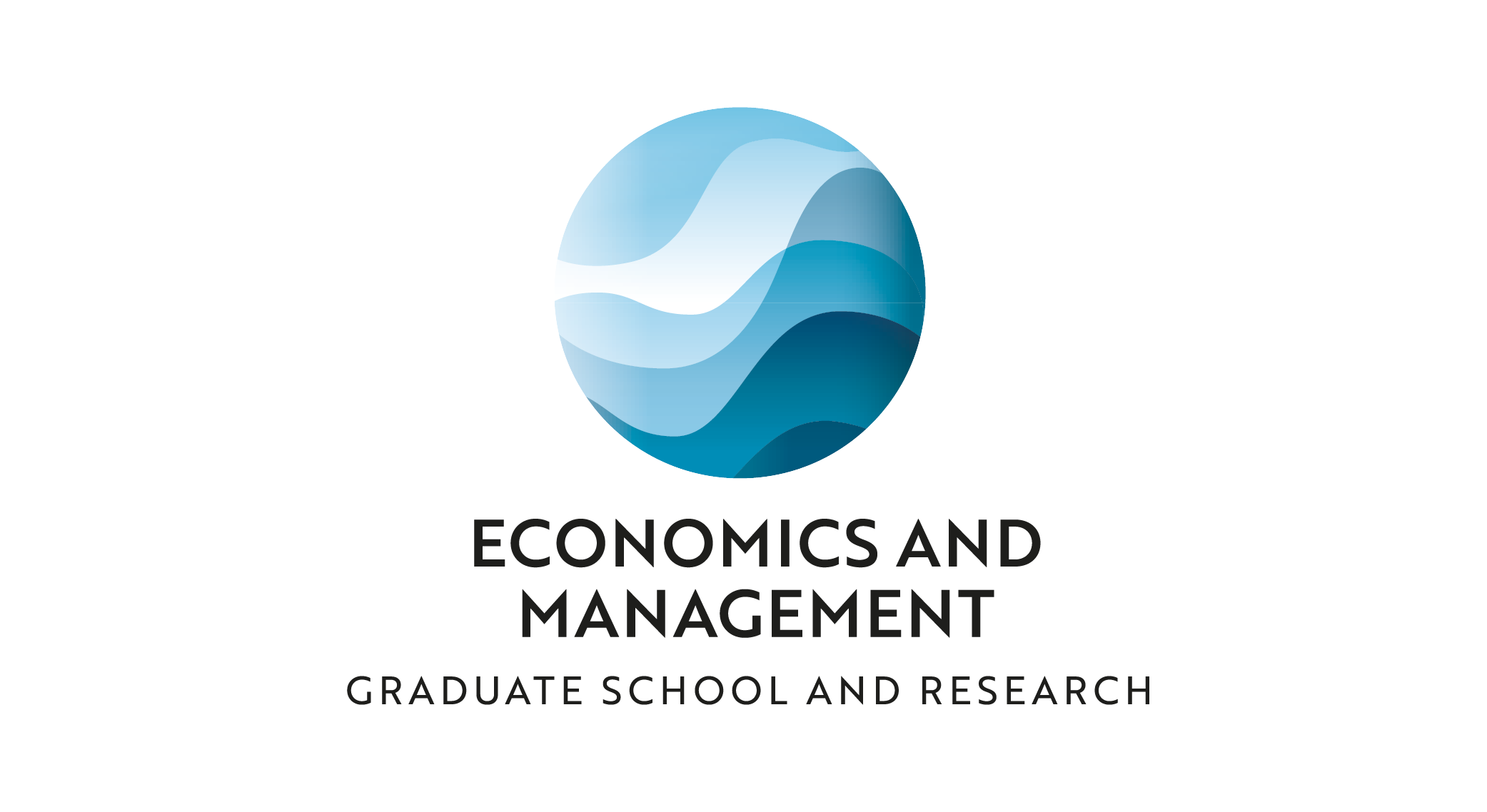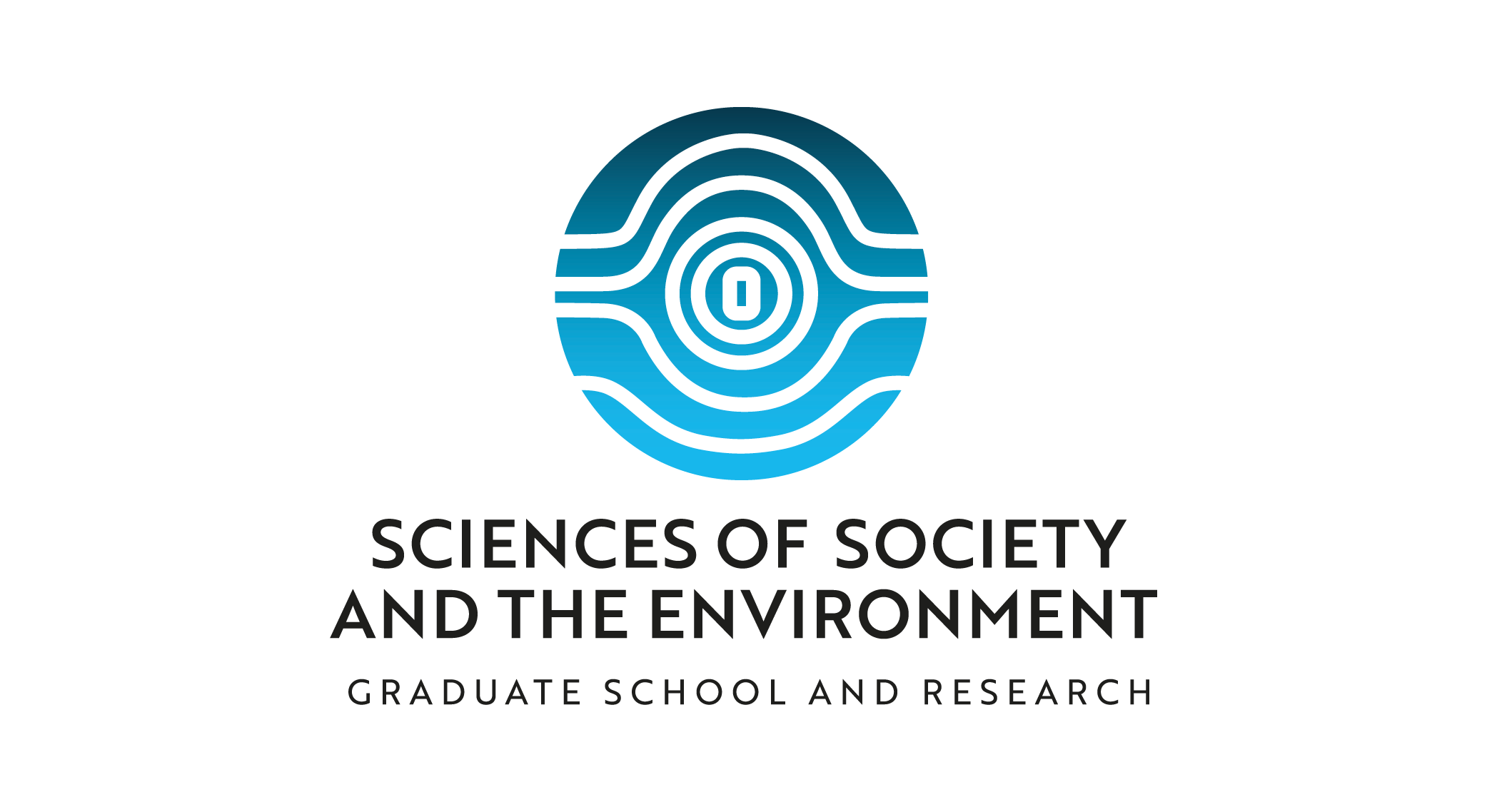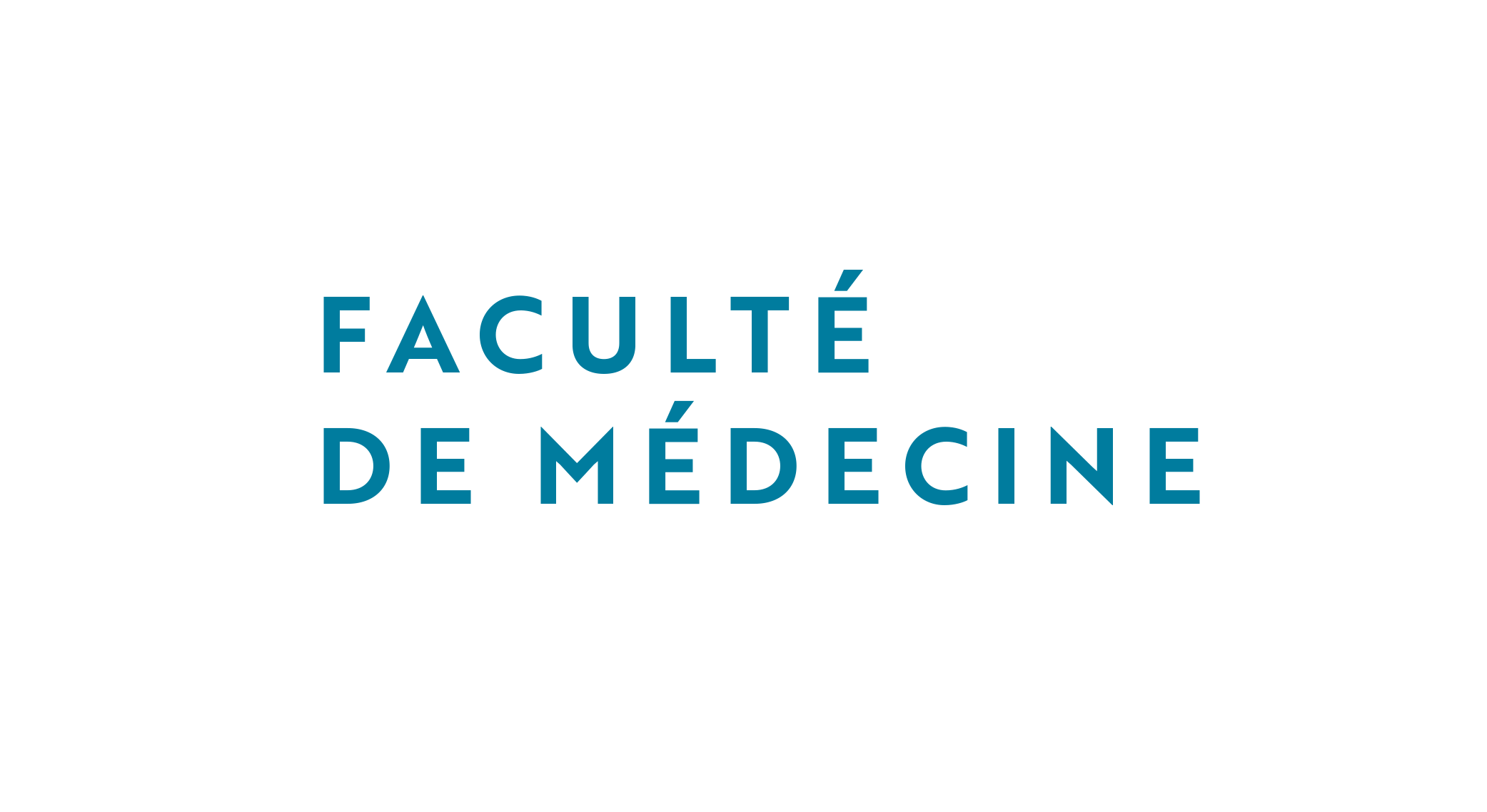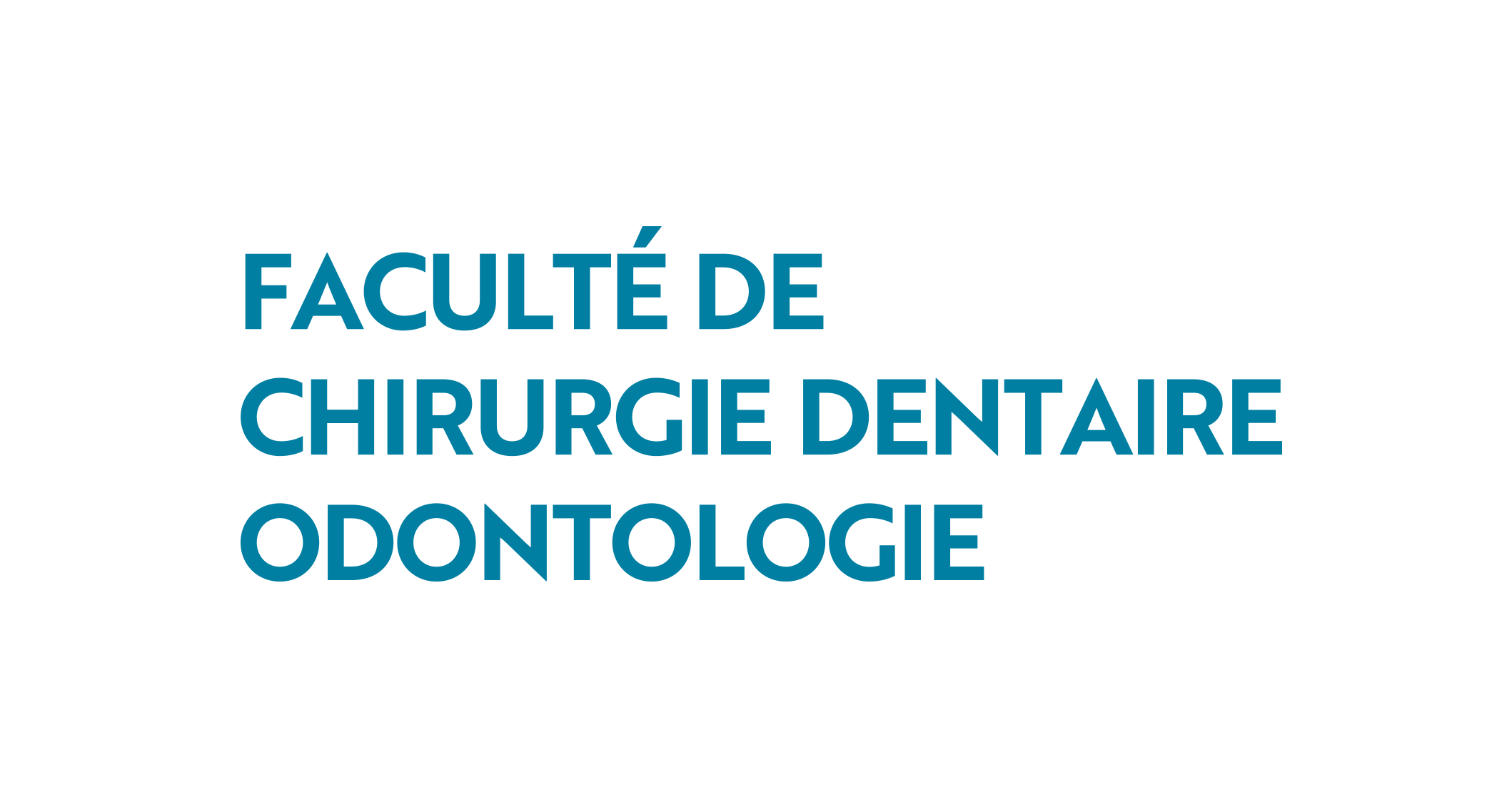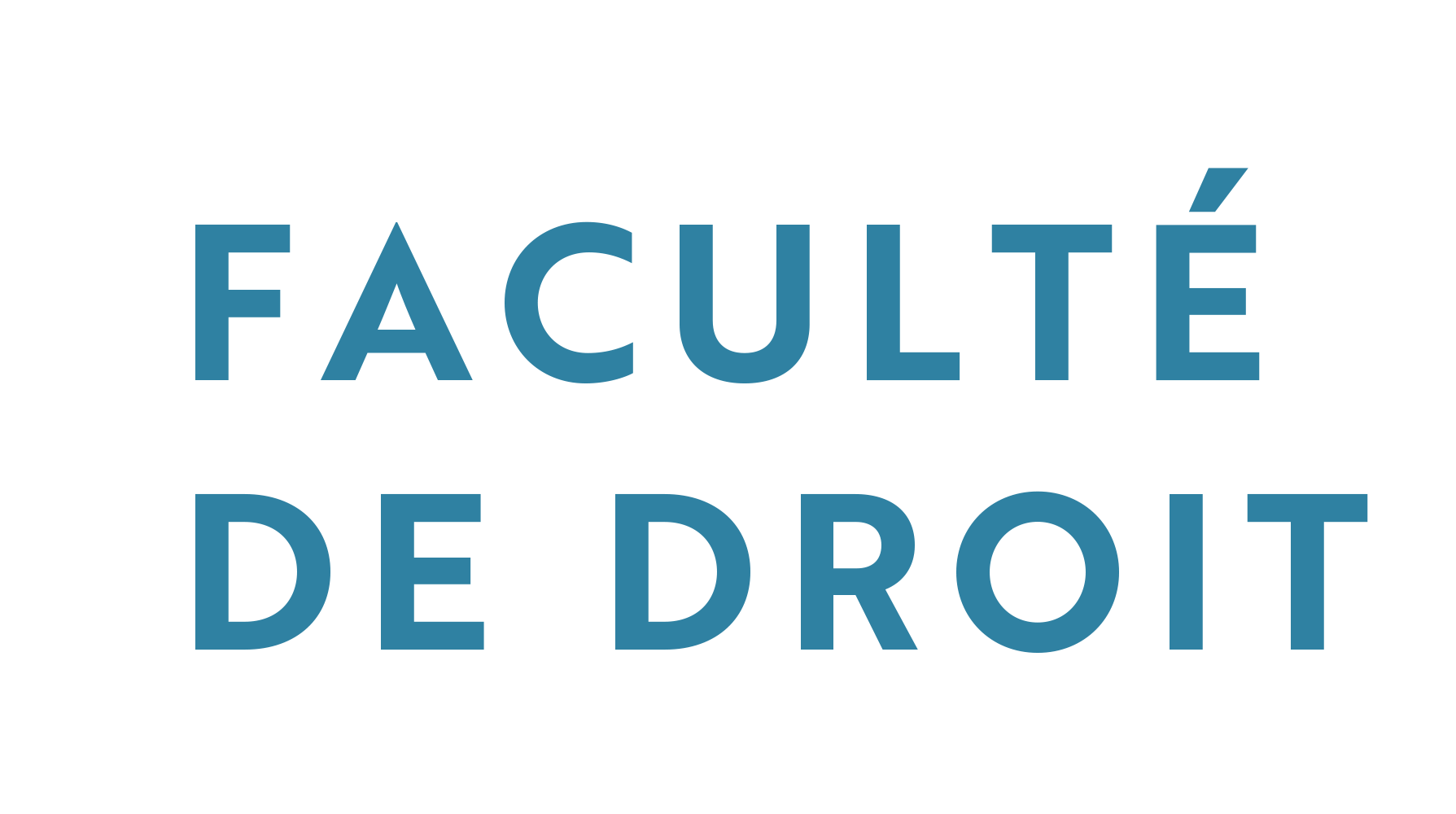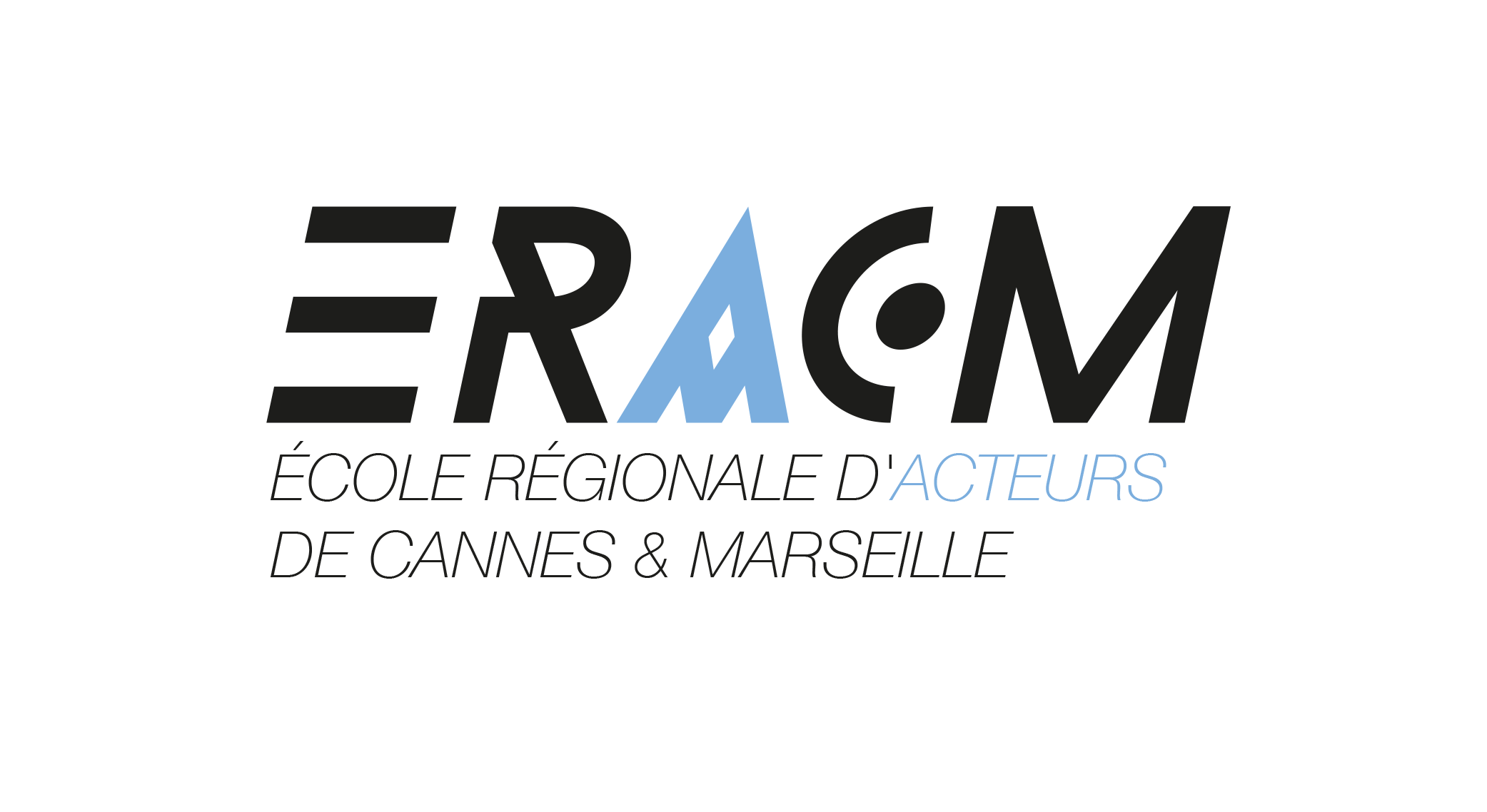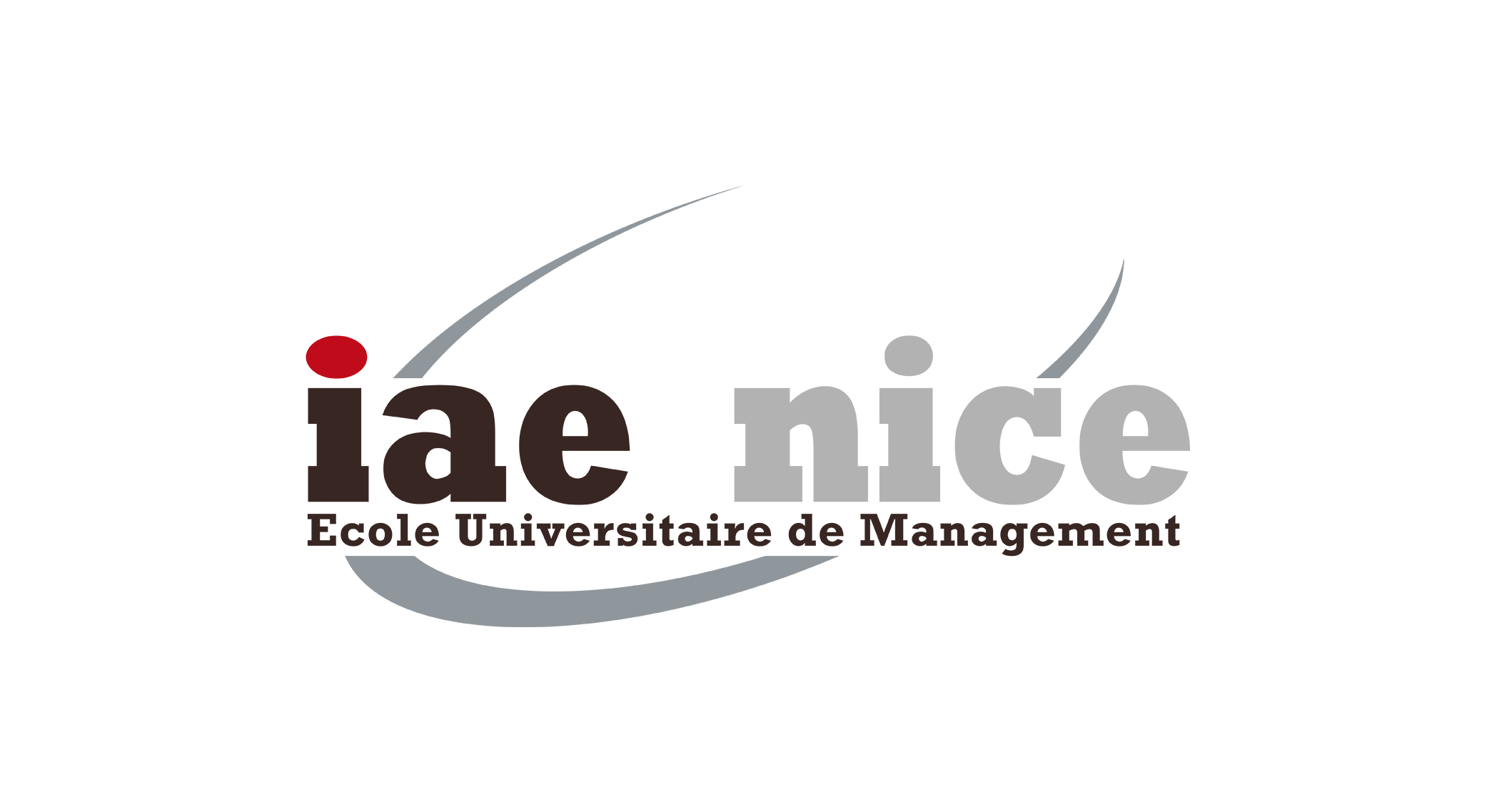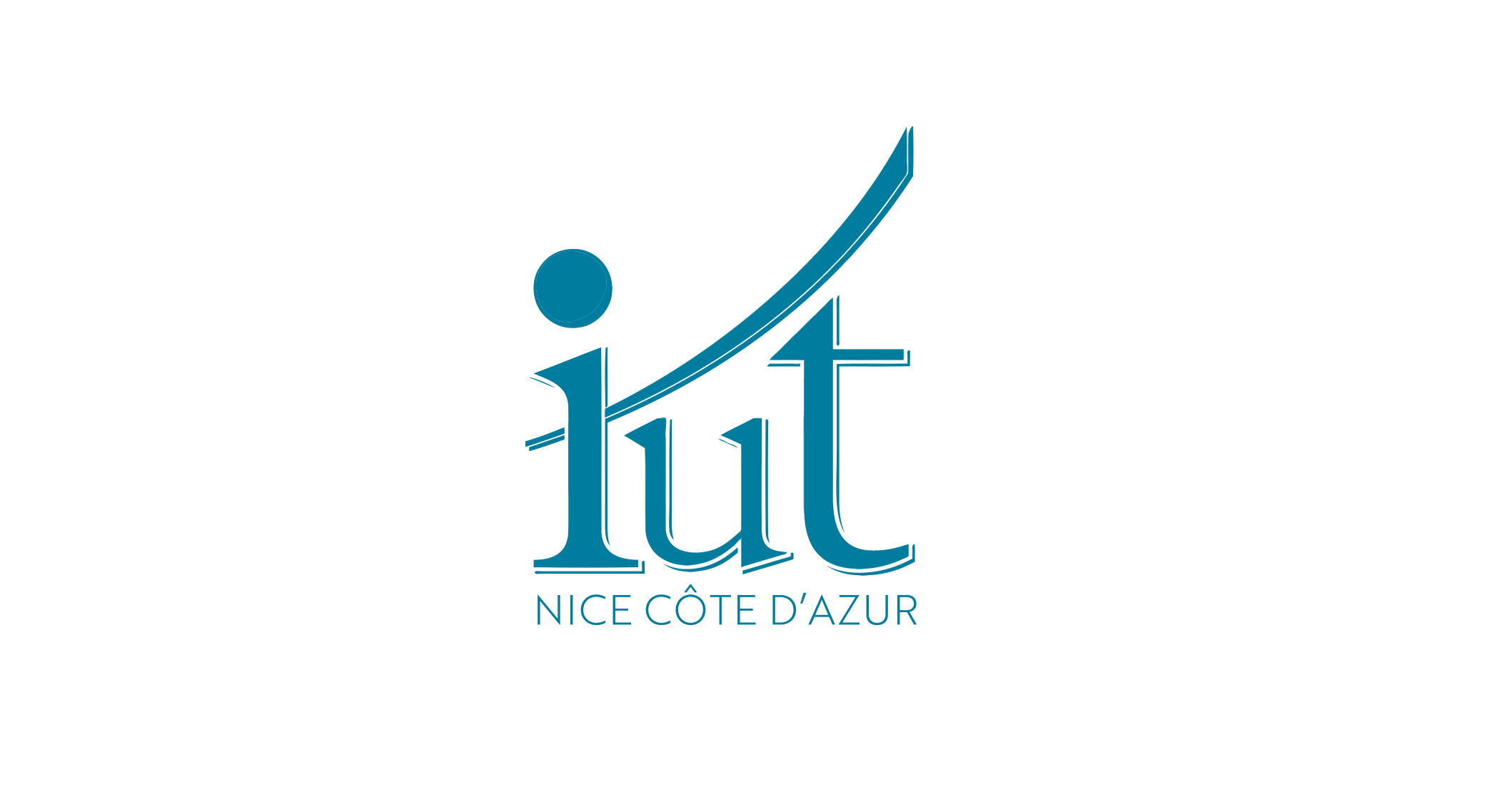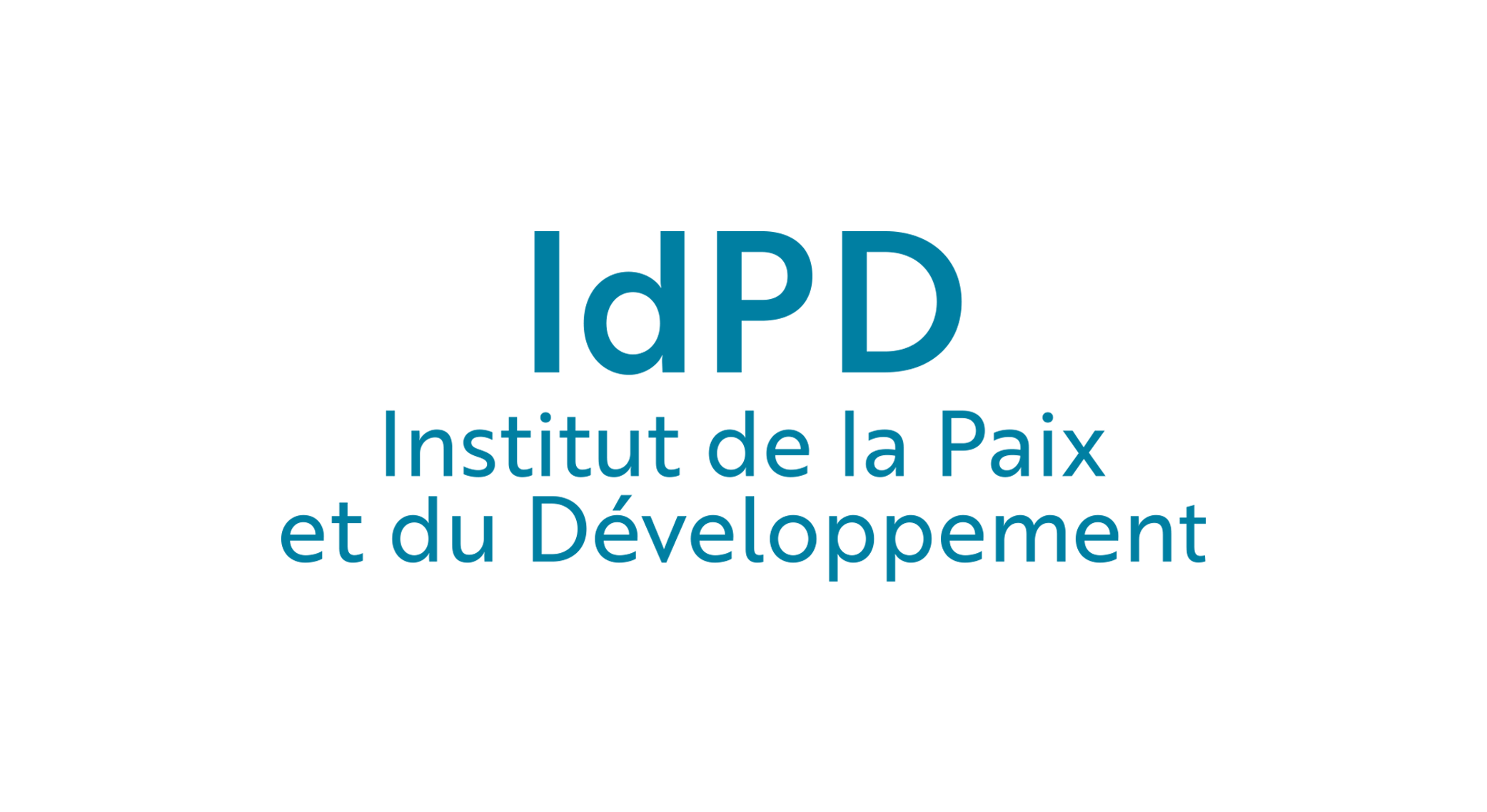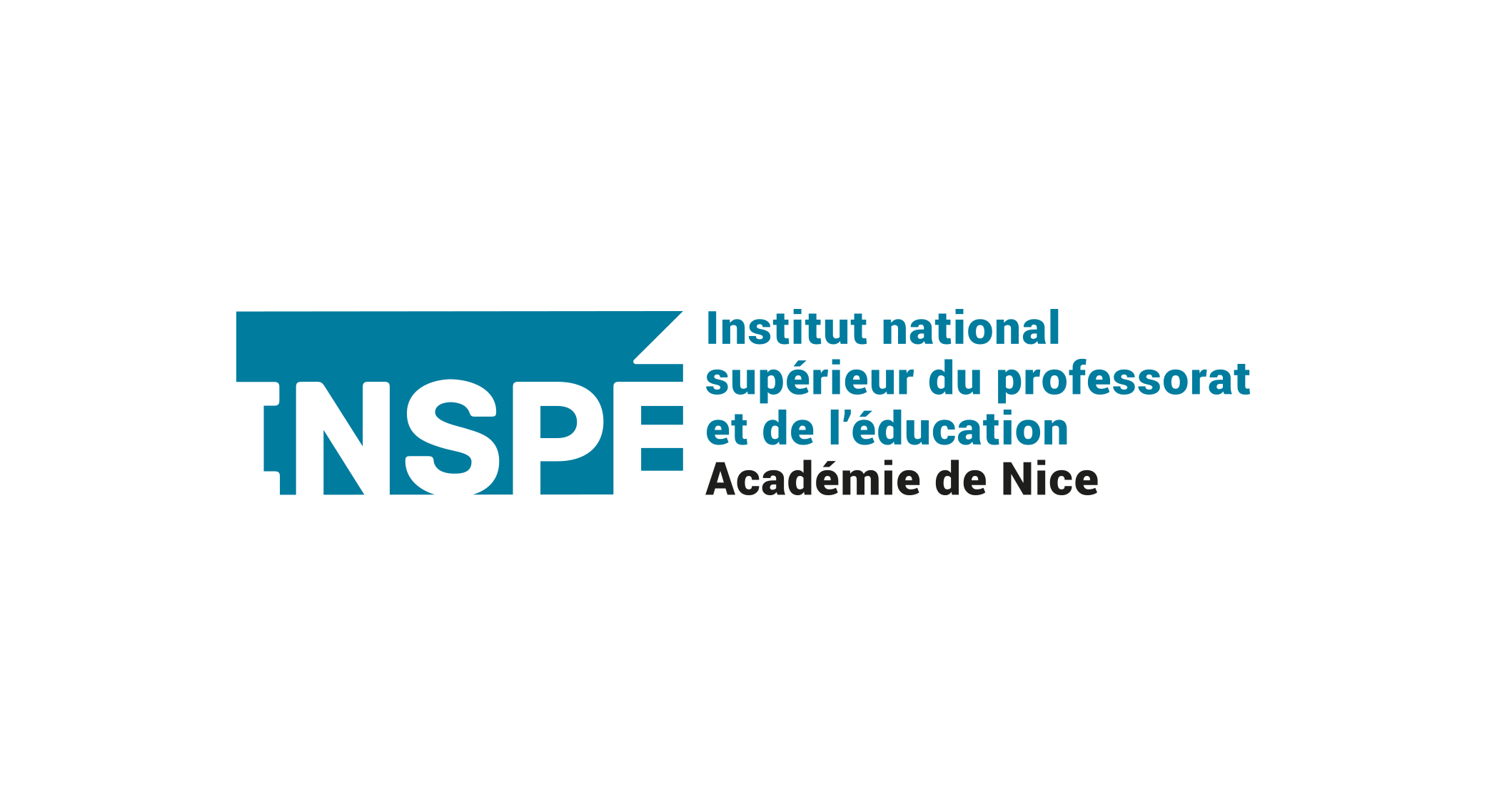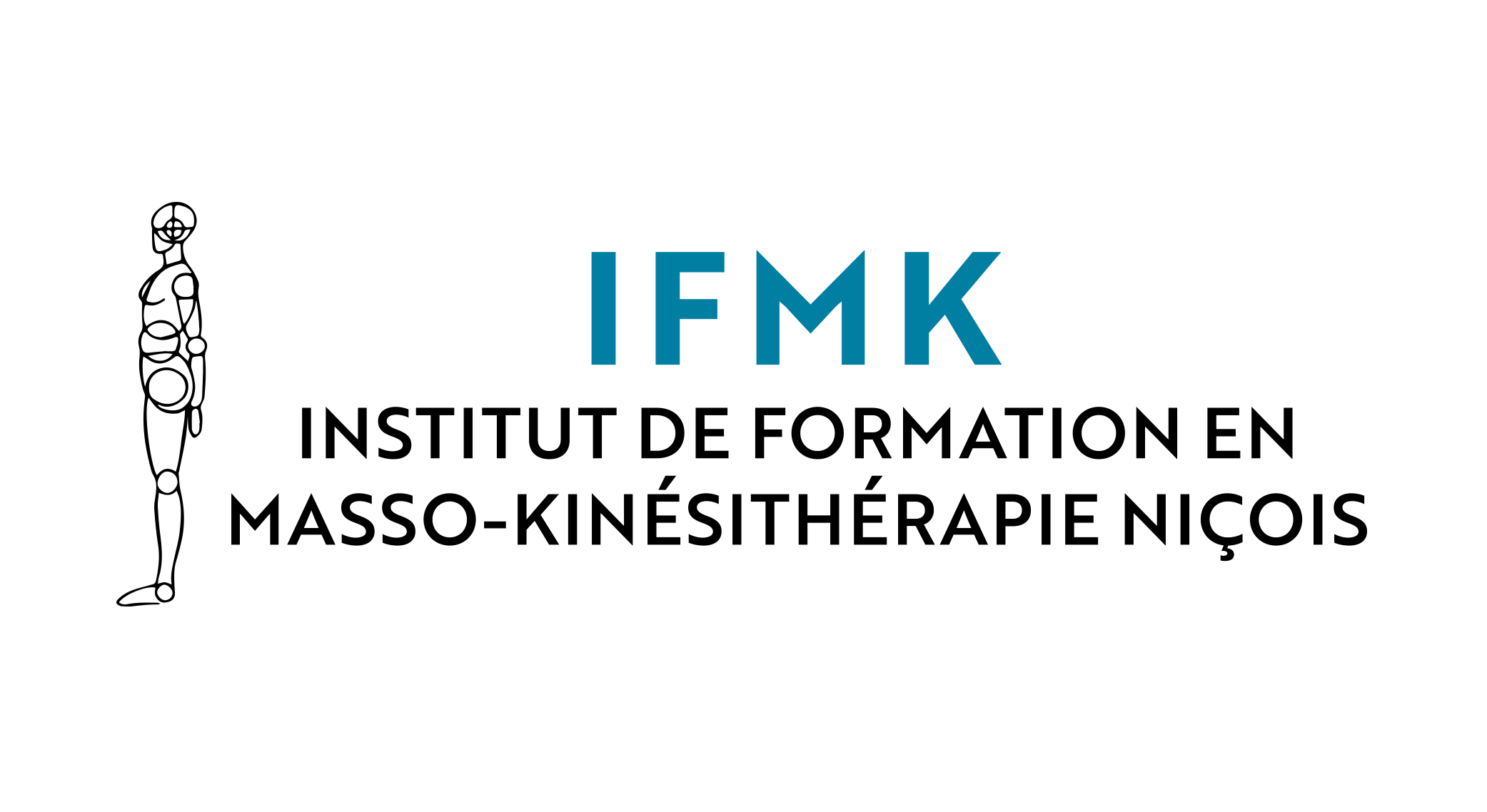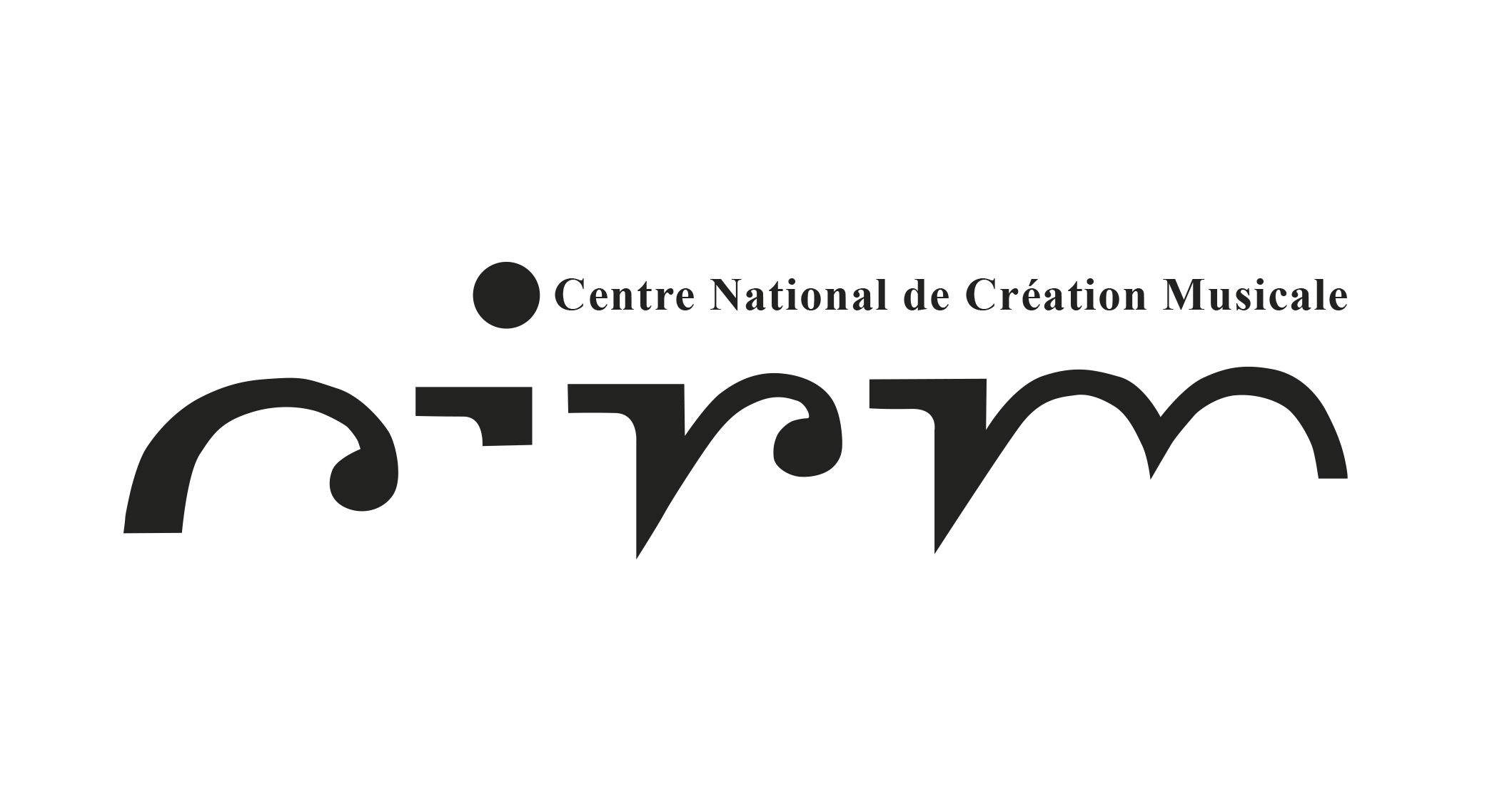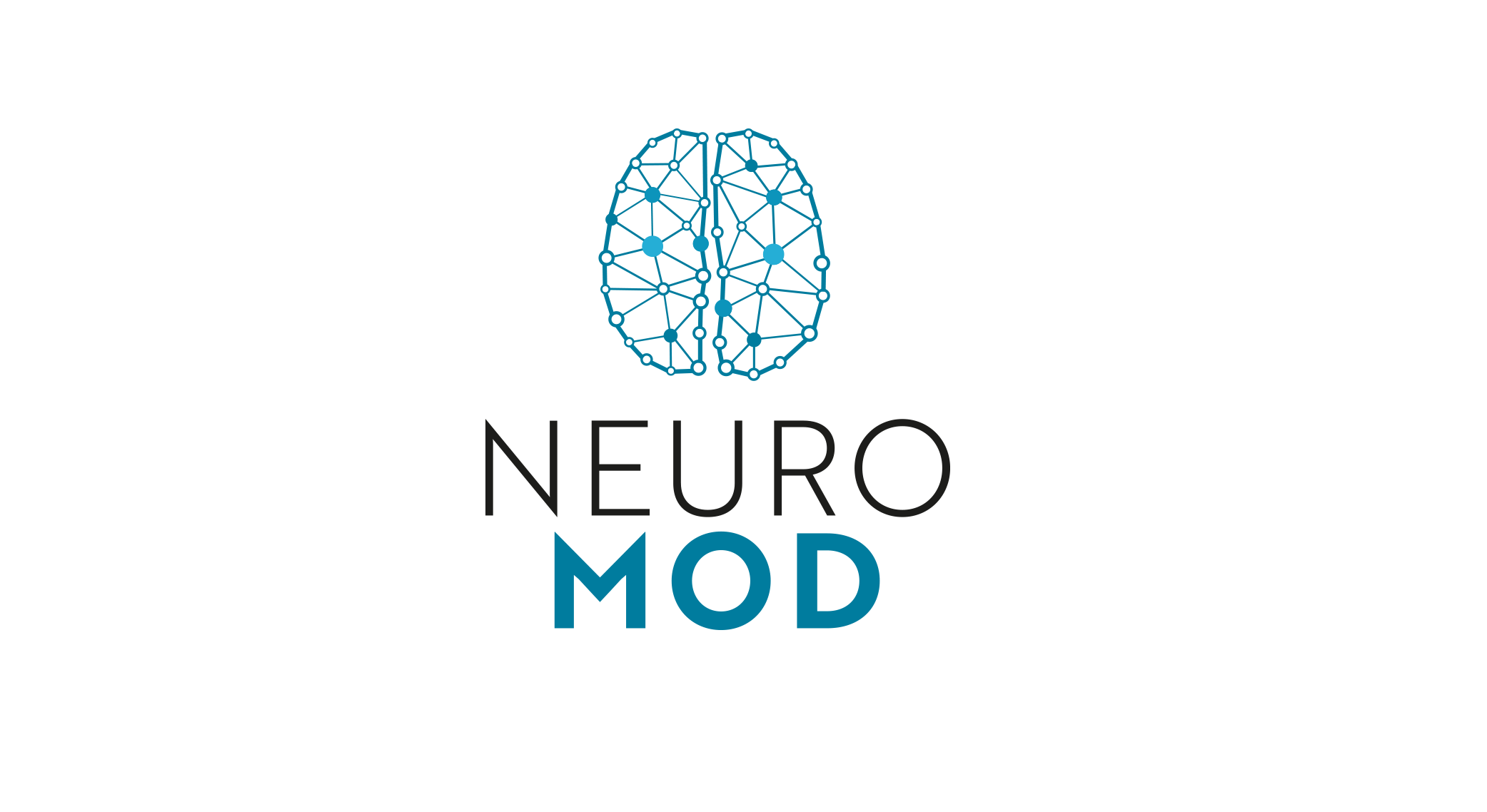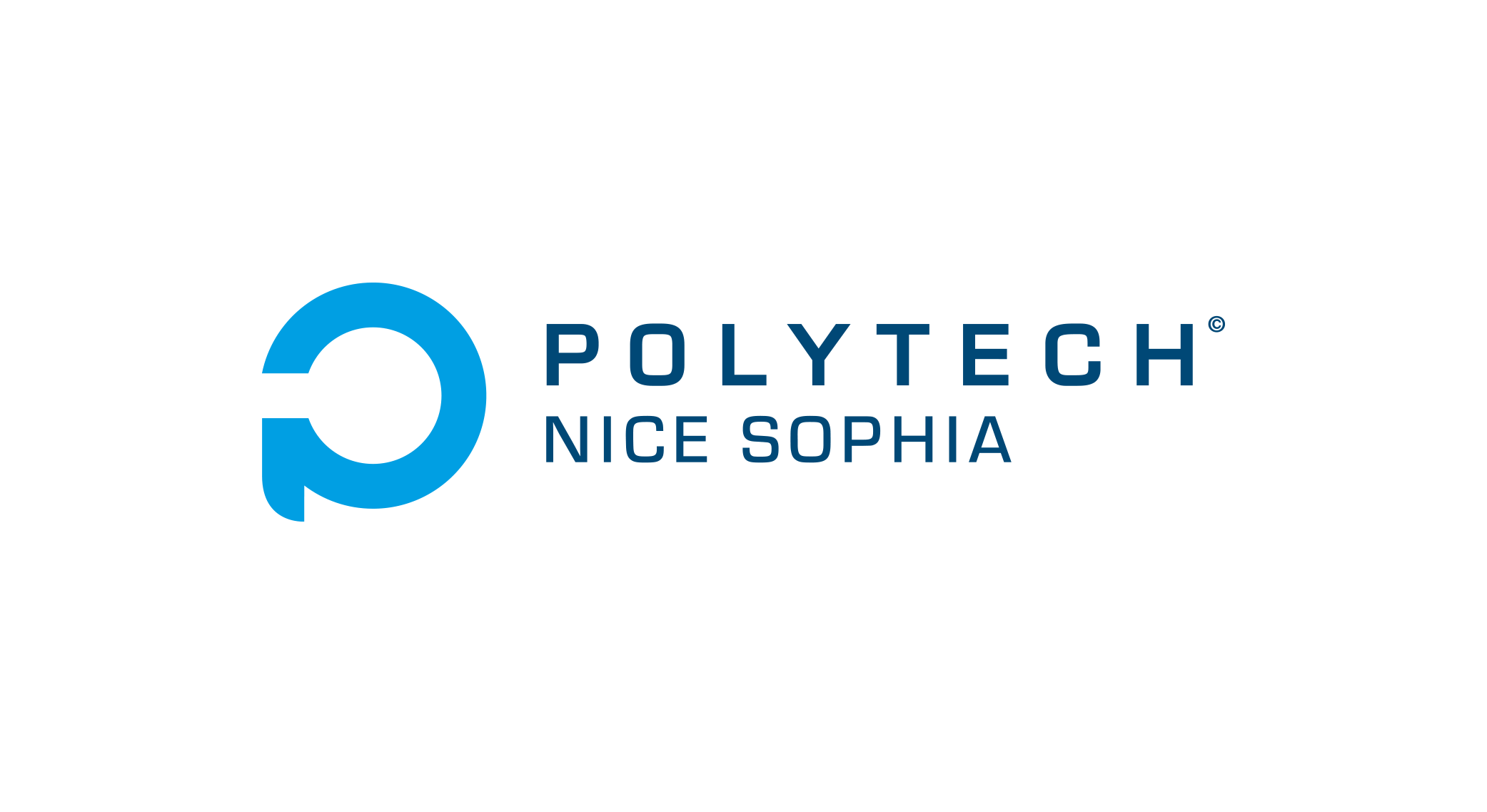Member Schools
Université Côte d'Azur aims to develop the 21st century model for French universities, based on new interactions between subject fields, an experimental coordination model between research, teaching and innovation and strong partnerships with the private sector and local authorities. It is supported by the 'Université Côte d'Azur's academic social responsibility which is implementing gender equality, equal opportunities and gender diversity, and finally is developing environmentally-friendly science on environmentally-friendly campuses.
- Undergraduate degree portal
-
Educational innovation and helping students succeed are the basis for all undergraduate programs at Université Côte d'Azur. This transformation is supported by the New University Curriculum L@UCA project. The different undergraduate degrees in the same school or courses in the same department are combined within a portal where teaching units are shared within the same subject area or across other subject areas, thus offering students the possibility to build and personalize their courses in order to gradually increase their level of specialization.
Undergraduate degree courses are therefore organized into 7 different portals covering multiple fields.- Law and Political Science
- Economy and Management
- Literature, Languages, Art, Communication
- Humanities and Social Sciences
- Life Sciences
- Sciences and Techniques of Physical and Sports Activities
- Science and Technology
- Graduate schools
-
The Graduate Schools (EUR) organize the master's and PhD courses by major subject areas. These new components are aimed at providing strong support for the academic research programs in laboratories, or in a more applied context, working in conjunction with firms.
Largely independent, all of them share ambitions and operating principles that lead them to update teaching practices, promote multi-subject and personalized courses, open up levels and programs, develop international partnerships and offer students the chance to experience international exchange programs and improve their distance and lifelong learning in line with the socio-economic and cultural fabric of the region. - Faculties
- Schools and institutes
-

















